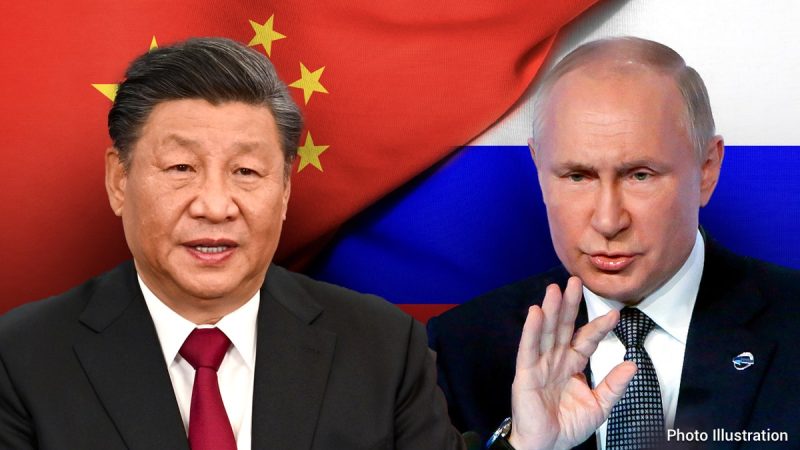The recent intelligence report released by the U.S. government has brought to light alarming details regarding alleged Russian interference in the upcoming 2024 presidential election to support former President Donald Trump’s campaign. According to the report, Russian actors are reportedly deploying various tactics to sway the election in favor of Trump, mimicking the interference efforts witnessed in the 2016 and 2020 elections. These findings have reignited concerns about foreign interference and its potential impact on the democratic process within the United States.
One of the key strategies mentioned in the report is the use of disinformation campaigns aimed at manipulating public perception and sowing discord among American voters. These campaigns typically involve the dissemination of fake news, misleading information, and divisive content across social media platforms to influence public opinion and create confusion. The goal is to exploit existing societal fault lines and exacerbate political polarization, thereby undermining faith in the electoral system and democratic institutions.
Furthermore, the report also highlights the continued targeting of U.S. election infrastructure by Russian cyber actors. These malign actors are known to conduct cyber attacks against voting systems, political organizations, and election officials with the aim of disrupting the electoral process and potentially altering the election outcome. By exploiting vulnerabilities in the digital infrastructure, they seek to create chaos, erode trust in the electoral process, and undermine the integrity of the election results.
In response to these alarming revelations, U.S. intelligence officials have emphasized the need for enhanced collaboration and coordination between government agencies, tech companies, and civil society to counter foreign interference efforts effectively. By increasing transparency, information sharing, and cybersecurity measures, stakeholders can better safeguard the integrity of the electoral process and protect against malign influence operations.
The specter of foreign interference in U.S. elections is a persistent threat that requires ongoing vigilance and proactive measures to address. As the 2024 election approaches, it is imperative for the government and the public to remain vigilant, critically evaluate information sources, and actively combat disinformation campaigns. By upholding the principles of democracy, promoting transparency, and defending against foreign interference, the United States can fortify its resilience against external threats and preserve the integrity of its democratic institutions.


































